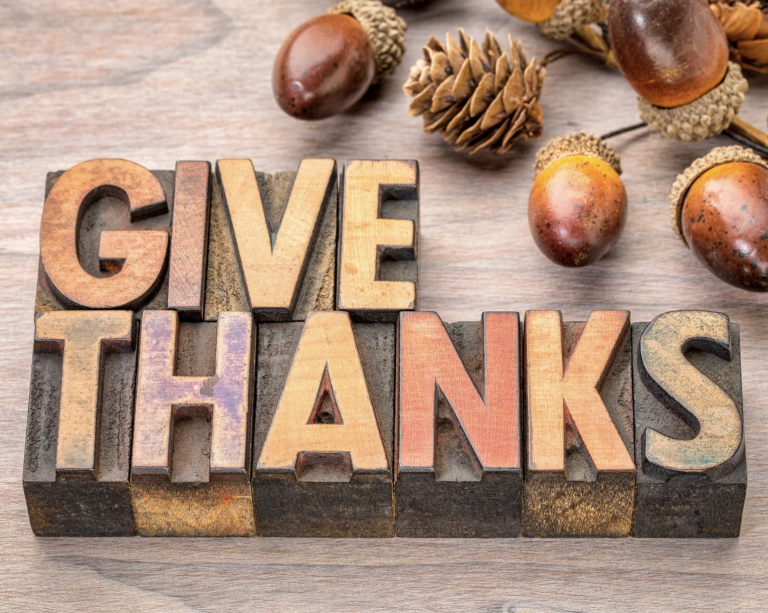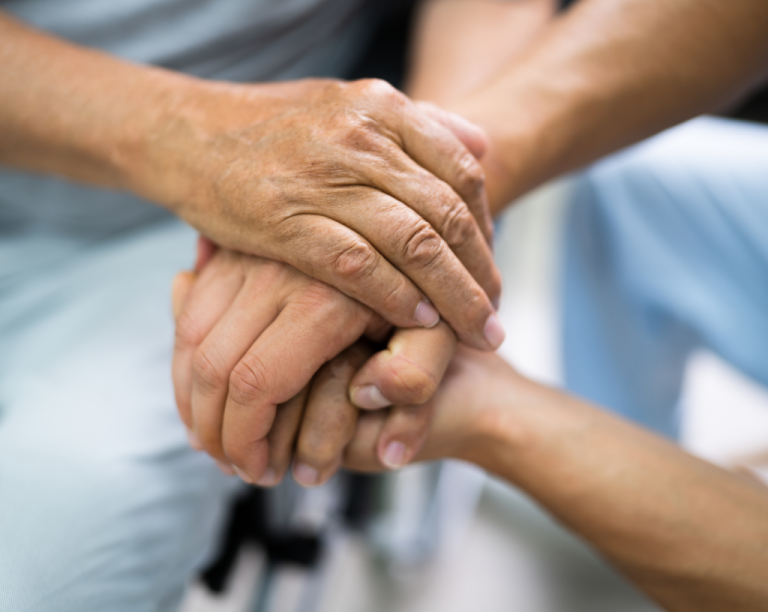
In the midst of adversity, finding gratitude is often a tough task. While it’s natural to feel a range of emotions during hard times, embracing gratitude can be a powerful force, offering hope and aiding in the healing process.
My personal journey with Parkinson’s Disease has brought challenges and triumphs. Here’s how I have learned how to make gratitude an essential companion through these times:
Distinguishing Feeling Grateful from Being Grateful
There’s a subtle difference between merely feeling grateful and actively being grateful. It’s easy to succumb to self-pity during challenging moments, and it’s crucial to acknowledge and process these emotions. However, our feelings are shaped by how we perceive the world, and by practicing gratitude, even in the darkest days, we can guide our emotions to a more positive place.
Gratitude as a Conscious Choice
They say gratitude is a choice, and indeed, it’s a skill that requires consistent practice. Despite the effort, it’s incredibly rewarding. Gratitude forms the base that enables us to view life through a different lens. Imagine standing on a mountaintop, gaining a panoramic view of your life—both the ups and downs. To reach this vantage point, you must first embark on the climb.
Shifting Your Perspective
Practicing gratitude isn’t about putting on a brave face or counting your blessings mechanically. It’s about consciously shifting your perspective. Start small—appreciate the taste of good food, or lean on a friend for support. These seemingly minor aspects are anything but insignificant; they are the threads that weave the fabric of our lives. Don’t let these moments pass you by. Pause to savor them. By doing so, you begin to alter your perspective, providing a stronger foundation to face the challenges ahead.
Extend Kindness and Connection
In the words of “Be kind, for everyone you meet is fighting a hard battle,” recognizing that others share in the struggle can be comforting. Stepping outside your troubles, even momentarily, to support someone else can be healing. Whether lending a listening ear or allowing someone to jump ahead in line, even the simplest acts of kindness can cultivate a sense of gratitude for the connections we share.
A Lifelong Practice
Remember, gratitude is not a quick fix but a lifelong journey. It requires daily dedication and won’t magically transform everything into sunshine and roses. However, gratitude becomes a powerful coping mechanism when consciously applied, helping us navigate and endure life’s storms.



